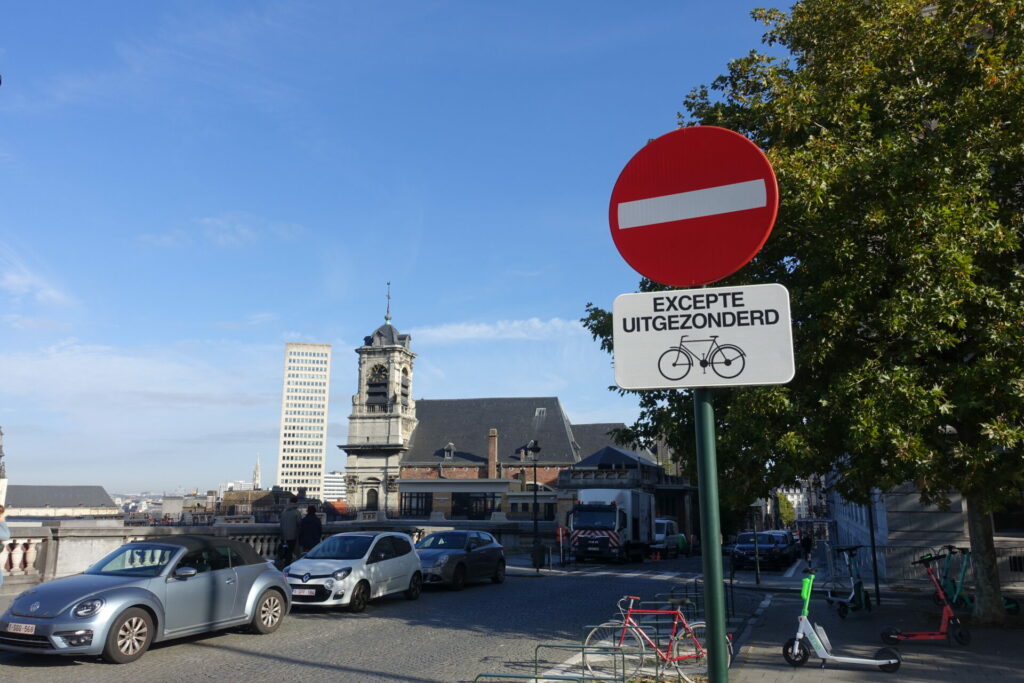Despite the Belgian language law stating that Brussels municipalities divide managerial positions equally between Dutch and French speakers, the vast majority in leading roles are still French-speaking.
The majority of Brussels municipalities and Centres for Public Welfare are failing to divide positions equally among French and Dutch speakers, undermining bilingual services, according to the 2022 report on compliance with language legislation.
"Achieving bilingualism in citizens services is an ongoing challenge that has become more complex but no less relevant due to the greatly increased internationalisation and cultural and linguistic diversity," Brussels Deputy Governor Jozef Ostyn noted in his report, which showed a declining trend of compliance with language laws.
He noted that, while his role and the existing legislation help to ensure bilingual services, it is still not enough in practice. "It requires the commitment and involvement of all authorities, departments and individuals responsible", he explained.
The parity is worst at managerial level: in just two out of 19 Brussels municipalities and three out of 19 Centres for Public Welfare, managerial positions are shared equally between the two language groups.
Lost in translation
Staff being recruited by most municipalities do not meet the legal requirements for language skills. Authorities are therefore not always in a position to serve the population in both national languages. Ostyn noted that modern means of communication are proving to be a particular challenge in this regard.
"In an increasing number of complaints about breaches of the language legislation, the cause of the problem can be traced back to the fact that, when designing a new IT application for processing certain files, the legal requirements were hardly or not at all taken into account.
The effects of this failure to comply with the legislation are also mirrored in police and emergency services, which must remain a focus of attention due to the fact they come into direct contact with the public, the report argued.
Ostyn recognised that these local authorities rely on other administrations and government levels to be able to recruit both French- and Dutch-speaking staff. This ranges from the Federal Government organising the tests for obtaining the legally-required language certificates to improved education in both languages.
Related News
- 30 things I’ve learned about Belgium in 30 years
- Rue de la Loi, Wetstraat, Law Street? English may become Brussels' third official language
"Communities are also responsible for education and consequently for teaching the second national language, both in regular education and through various training initiatives," he noted.
Finally, the report also called on Actiris, the regional employment service in Brussels, to help them find suitable bilingual staff.
"A coherent approach across policy levels and with active cooperation between all parties involved seems necessary here, not only to achieve better compliance with the administrative language legislation but also to maximise the many talents present in our society and provide a sufficient supply of legal bilinguals to fill all positions," the report concluded.

